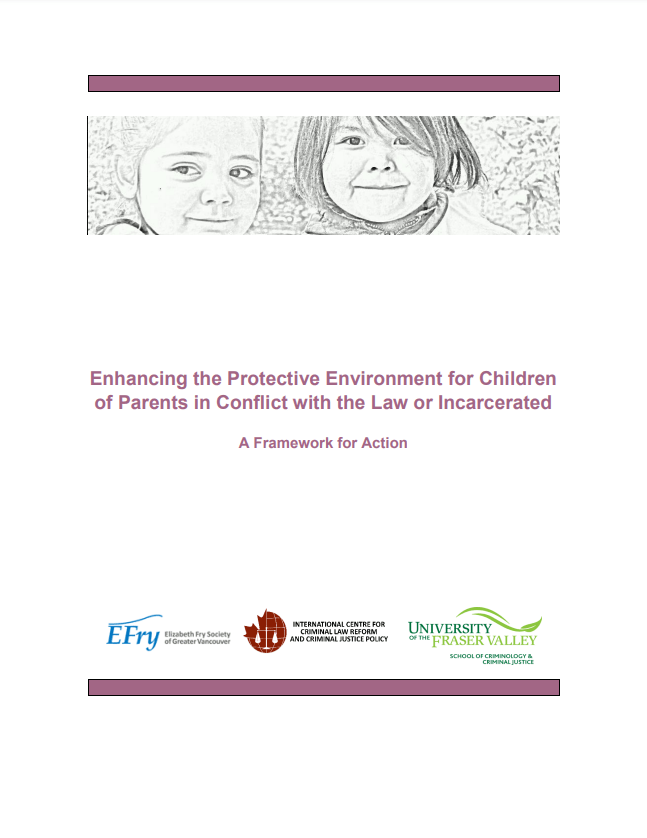3 search results
for
Decolonization and Indigenous rights
Guiding principles
Cultural sensitivity
Recommendation 6: Culture is an important element of a child’s development and all interventions must be culturally sensitive and appropriate.-
Category and theme:
Audience:
Groups affected:
Location of recommendation:
Guiding principles
Importance of traditional Indigenous practices
Recommendation 7: When Indigenous children are involved, parents, extended family, Elders, and trusted community members must be involved in guiding service providers, caregivers, and foster parents in the customary laws of the community and traditional Indigenous child rearing practices (including adoption).-
Category and theme:
Audience:
Groups affected:
Location of recommendation:
Practical measures and strategies
Committing to a culturally sensitive approach, including respect for Indigenous values and traditions
Recommendation 24:- Support the development of systems, standards and practices that respect and reflect the pivotal place that culture, tradition, values, language and identity play in the lives of children.
- Help children build connection to community, culture, group, clan, and extended family when those relationships have been damaged.
- Engage community resources without a formal mandate to support the children and their families.
- Help Indigenous children and heal families by helping children preserve their aboriginal identity.
- Keep Indigenous children connected to their land, languages and culture.
- Make use of Indigenous decision-making process.
- Work closely with Indigenous communities to identify ways to protect children of parents in conflict with the law without removing them from the family or the community, and find homes within the children’s extended family or community.
-
Category and theme:
Audience:
Groups affected:
Location of recommendation:
